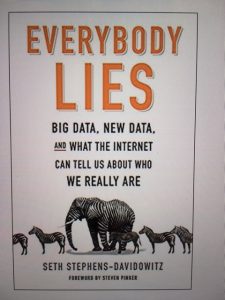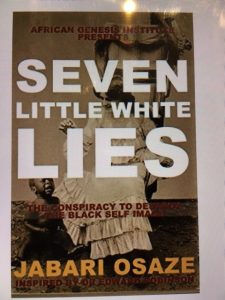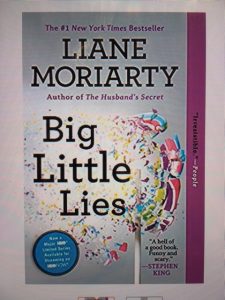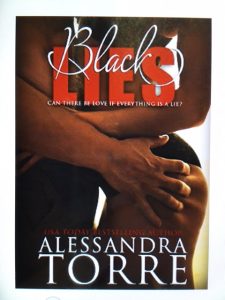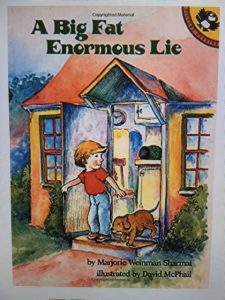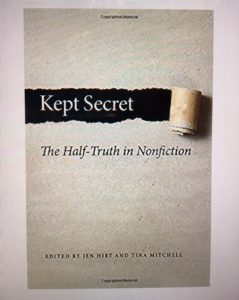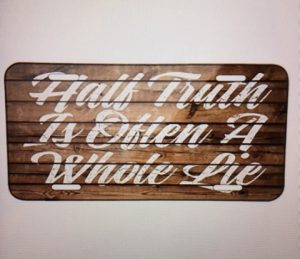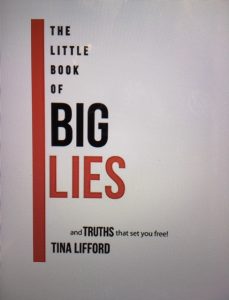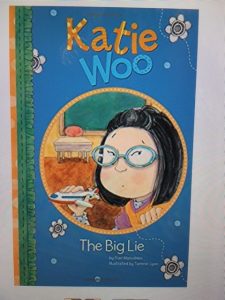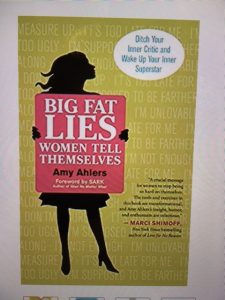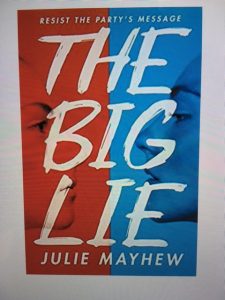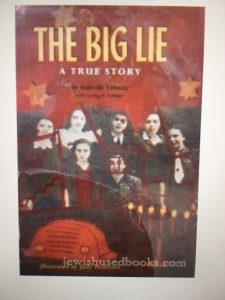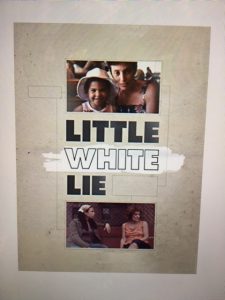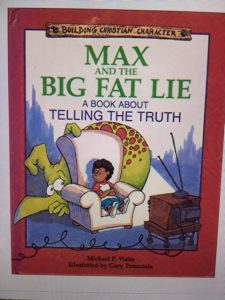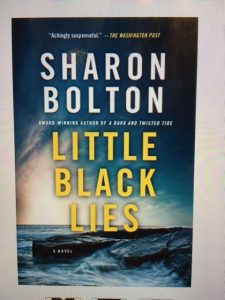
Sometimes, we just really don’t want to be there. Work, of course, comes to mind. Classes. IRS audits. The battle at the end of the world that has been foretold to bring about the fall of Valhalla. Social engagements that seemed innocuous when the invitation was accepted but loom ever more dreadfully as the deadline approaches. (Psychologists call this an approach-avoidance conflict.)
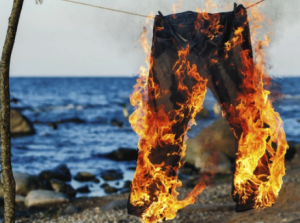
On the other hand, announcing one’s intent not to meet an obligation triggers, “Why not?” and, often, hurt feelings and scrambling for an acceptable explanation. Of course, sometimes one scarpers without an announcement, in which case the questions, hurt feelings, and guilty stammering come after the fact. But come they do. It’s socially unacceptable to blow-off a commitment without a “good” reason. Thus, we come to reasons and excuses.

What’s the difference between a reason and an excuse? Truth. In fiction, truth is decided by the author; your character might genuinely have something bizarre prevent them from going to work. One study reported that 85% of employees say they are always honest when they call in sick. And 1 in 7 women has lied about a work absence. I have no data on social obligations.

But as a writer, your first decision is whether the character is telling the truth.
Here, for your consideration, are some rather atypical explanations for an absence. Sometimes, the plot might be well served if it’s a reason rather than an excuse!
- I couldn’t find a clean mask.
- I couldn’t find my keys.
- I couldn’t find my front door.
- My COVID test results aren’t back yet.

- My dog is having a nervous breakdown.
- My grandmother’s body is being exhumed for a police investigation.
- My toe is stuck in a faucet and the plumber can’t come till afternoon.
- The FBI told me to come in for some follow-up questions.
- I watched “The Hunger Games” and I’m too upset.
- I read so much I got sick.
- My hermit crab is moving to a bigger shell, and I promised I’d take her to look at some new places.

- Our toddler learned Krav Maga, and no one is willing to babysit.
- Our toddler taught Krav Maga to the ferrets.
- I’m still trying to get the squirrels out of my attic.
- I’m still trying to get the squirrels out of my hair.
- I’m suffering from a broken heart.
- I have to report for jury duty. They’re doing it on Saturdays now.
- I was dyeing my hair at home, and it came out orange.
- I was dyeing my hair at home, and it all came out.
- I have to deliver the nuclear football.
- My mom says I’m grounded until I pay the mortgage.

- A bird bit me.
- My fish hasn’t finished her homework, and I think she needs some help with the last few math questions.
- The sobriety tool wouldn’t allow me to start the car.
- The cat ate the car keys, and we have to wait for them to pass through.
- My astrologist warned me not to associate with people of your aura this week.
- I finally got my hair the way I like it, and now I can’t move for fear of disturbing it.

- The veterinary hospital had an emergency, and I had to take my dog in to donate blood.
- My family in Singapore called about my grandfather and there’s a 12-hour time difference.
- The rain always makes my arthritis worse.
- A wizard just showed up and told me I have to go on an epic quest to save the world from certain doom.
- The pigeons at the park are on a very strict feeding schedule, and they get anxious if I’m late.
- A tree fell across my driveway and I couldn’t get my car out.
- I’m still recovering from my last chiropractor appointment.
- The podiatrist cut out my ingrown toenails and I can’t walk.

Bottom line for writers: When your character bugs out, make it work for your story.

(No worries! It’s just powder and trick lighting. No dogs were harmed in the making of this blog.)

